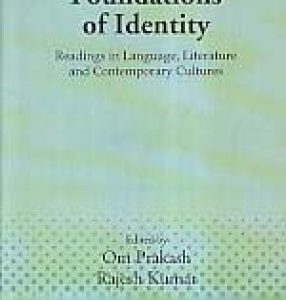
Om Prakash

33 books



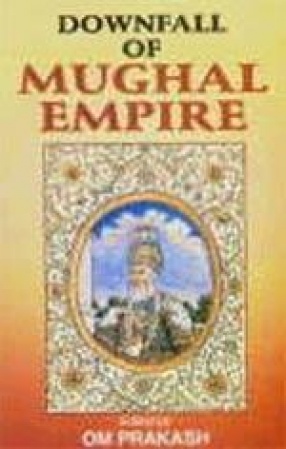
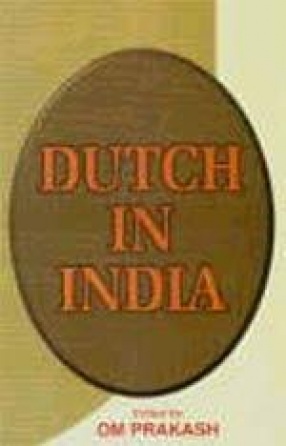
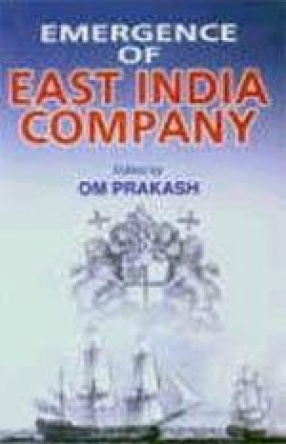
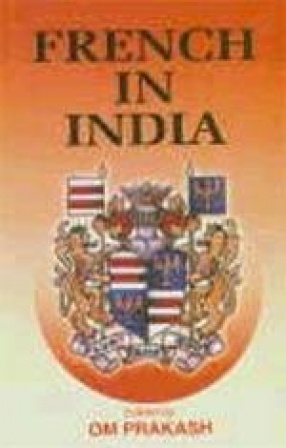
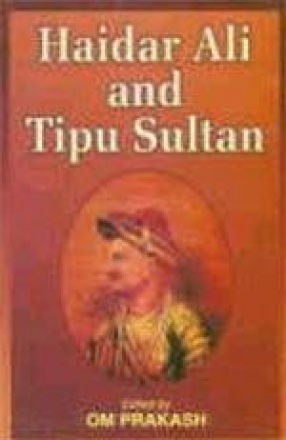
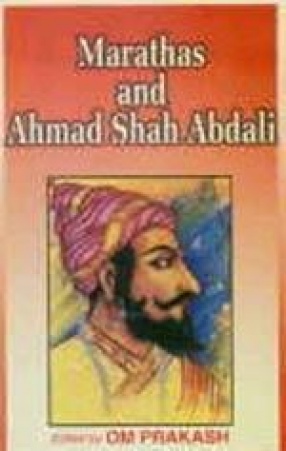
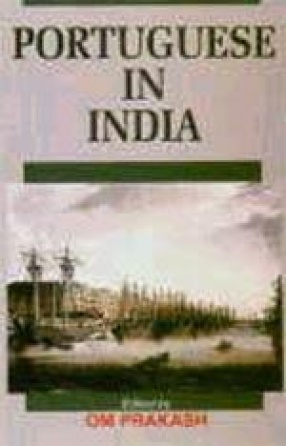
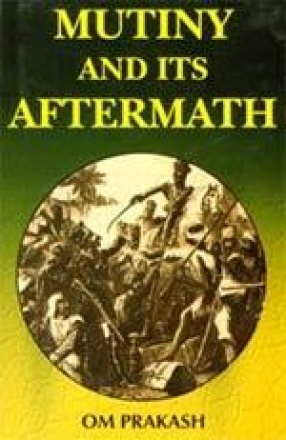
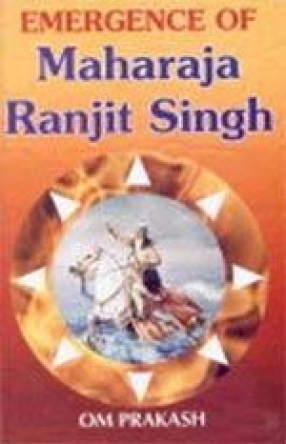

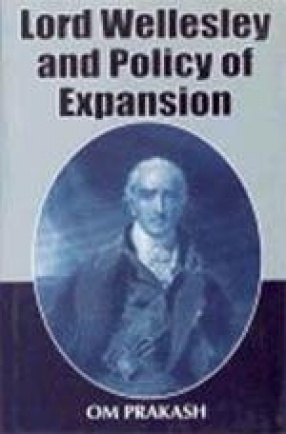
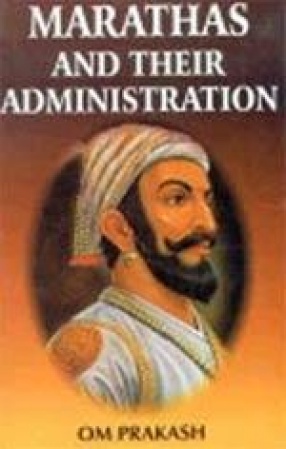

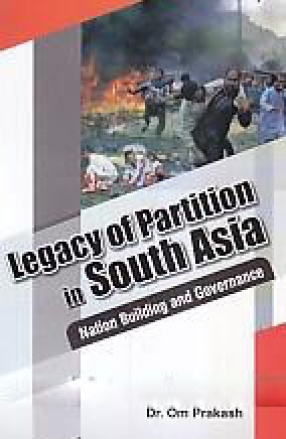




The mighty Mughal empire collapsed due to various reasons like frequent wars of succession, emergence of many local powers etc. The present book accounts all the major factors responsible for the downfall of Mughal empire. The entire information is gathered in ten chapters. The information contained herein will immensely benefit the students, teachers, and researchers equally.

The story of European expansions in Asia forms one of the great epics of modern times. India was the cornerstone of European imperialism in Asia. The Dutch also tried their hard to make fortune in India. This book gives an authoritative account of the Dutch in India. Themes will prove of utmost use for the students, researchers and teachers in field of history, politics and international relations.

British East India Company initially came to India for making lucrative trade fortune. It resultantly brought India under the British hegemony. In the present book the fascinating story of the emergence of East India Company is narrated in authoritative way. This whole weaves an authentic history, which will immensely benefit the readers.

Of the five great European maritime powers of 16 and 17 centuries, France was the fourth to enter into the race for commercial communication with India. The restless action that had made the France of the seventeenth and eighteenth centuries the fomenter of disturbances in Europe soon found in India a wide filed for its display, whilst the ambition that had urged her most famous monarch to dream of universal dominion in the West, began, before very long, to form ...

Haidar Ali, an autocratic soldier-ruler, was a very successful administrator. The impress which Haidar has left on history is that of a great enemy of the British in India. Before his advent Mysore had enjoyed the comfortable obscurity of an internal position. Suddenly it got the stimulus of a political frontier. The Mysoreans fought four wars against the British. Haidar had to contend only with the East India Company. But his son Tipu Sultan fought with the ...
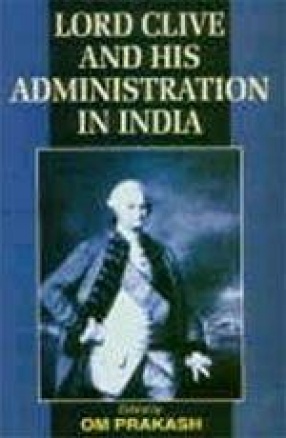
Lord Clive was the chief architect of laying the founding stone of British empire in India. The present book encompasses well-researched information on Lord Clive and his administration in India.
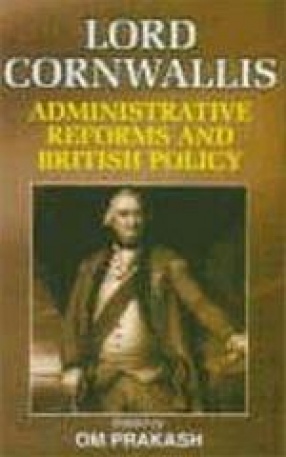
Lord Cornwallis is the first ruler who can properly be regarded as an administrator. Upto the time of his arrival in India, the English in India had been engaged in a great struggle for existence. Clive conquered the richest province of India. Hastings reduced it to something like order. But it was not until Cornwallis carried to the country the large-minded liberality of a benevolent English statesman, that the administrative efforts took shape and consistency ...

Marathas are the inhabitants of Maharashtra, a region roughly marked by a triangle with the coastline between Daman and Goa as its base and Nagpur as its apex. Originally belonging to the peasantry stock, they recruited themselves in the armies of Muslim kings of the south. It was their national hero Shivaji who converted them into a military nation. Even during Aurangzeb’s reign the Marathas had successfully checked the expansion of the Mughal rule in their ...

The discovery of sea-route to India by the end of fifteenth century (the credit of which goes to the Portuguese) and the establishment of European trade on the Indian coast that brought about the economic revolution. This was a great event from the point of view of the results that followed from it. The trade on Malabar coast formed the core of trade in spices in this period and the Portuguese trade established there right at the dawn of sixteenth century had ...
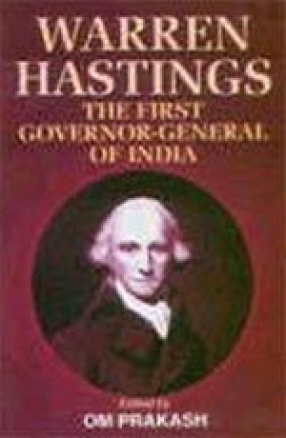
Warren Hastings, the Governor of Fort William, became Governor General of India. His rule lasted until the beginning of the year 1785. The Anglo-Indian empire at the close of his rule was in extent substantially the same when he assumed it; but he left it somewhat enlarged and consolidated, and he had made great progress in its internal organization. Organised in 11 chapters, this book provides an authentic account of Warren Hastings and his rule.

It was felt that an annotated bibliography which could cover the publications of all diseases of guava in one place would be one of the most useful bibliographic tools that could be provided for the research workers working in the area of fruit diseases in India and abroad. We have made an attempt to bring out all the informations available on guava diseases in a consolidated form from all possible sources. The present annotated bibliography covers papers ...

Mutiny of 1857, better known as the first war of Indian independence resulted in thrusting the direct control of British Crown in India. This book presents a categorical account of causes of mutiny, the was the consequently the British administrative measures in India thereafter. A dependable reference book for students and teachers of Indian history, politics and sociology.
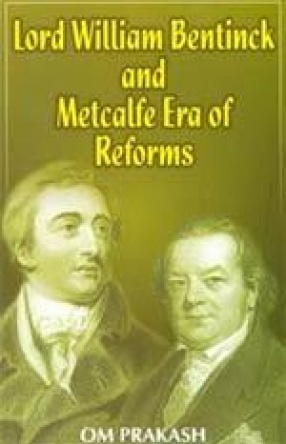
No doubt, Indian society was ravaged by many evil customs and practices like Sati, child marriage etc. Some British administrators took effective measures in the direction of social reforms. This book portrays the era of reforms under Lord William Bentinck and Metcalfe. Students, researchers and teachers of history, polity and sociology will find the book informative and of utmost use.

Extension and consolidation of power, promotion of economic and commercial interests, weakening of the Indian powers, infiltration of British influence in native territories, elimination of hostile foreign elements from there and defence of British interests against any possible aggression, were the guiding principles of British inter-state relations. This book consists of eleven thought-provoking chapters which cover British policy of intervention and expansion ...

Maharaja Ranjit Singh's name is immortal in the annals of Indian history. The present book contains highly useful and well-researched information on the emergence of Maharaja Ranjit Singh. Certainly, this will prove very useful to one and all concerned.

British soldiers had many a hard fight in India during the two hundred years of the 'Raj', but never did they come up against tougher opposition than they did in the Punjab during two Sikh wars. This book gives a categorical account of the Anglo-Sikh wars.
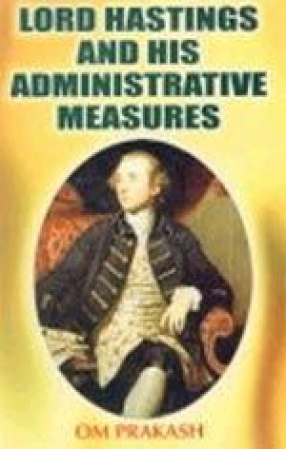
Lord Hastings, was nearly fifty nine when he became Governor General of India. He was shrewd, patient, independent, holding his opinions modestly and under continual revision, a man experienced and humane. Here in this book we have chosen thirteen chapters highlighting his administrative measures. Derived from authoritative sources, this will serve as a dependable work of reference for students and teachers of history, politics and sociology.

Lord Wellesley (or Earl of Mornington) was appointed Governor-General of India on the announcement of Lord Cornwallis's resignation. Gifted with strong will, he possessed the faculty of quick decision; and intelligence which enabled him to arrive, almost by intuition, at the point of question, however involved, or however, hidden by oriental phrases. He had many qualities which made him suitable for the post. As the name of the book suggests, we have gathered ...

The Marathas have been well known for their military prowess from time immemorial. As the name of the book suggests, this book puts light on administration system of Marathas. The entire information is covered under fifteen chapters. Supported by facts and figures the contents weave an authoritative history, which will prove useful to one and all concerned.
